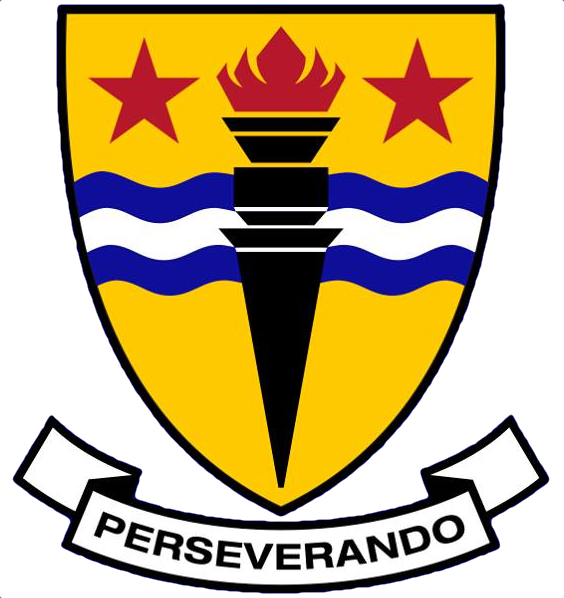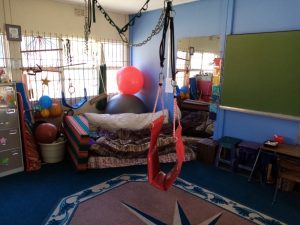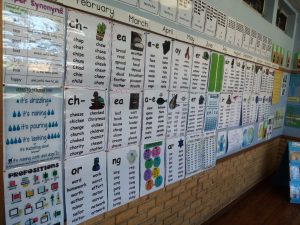Occupational Therapy
Occupational Therapy (OT) can help children with various needs to improve their cognitive, physical, sensory and motor skills and enhance their self esteem and sense of accomplishment.
Children who benefit from OT can have:
- difficulty with fine motor skills such as drawing, cutting, and/or writing
- poor eye-hand co ordination such as catching and throwing balls
- problems with agility
- lagging behind their peers in developmental problems
- difficulty tying shoe laces, doing up buttons or zips
- difficulty regulating emotions
- behavioural issues
- struggles completing written tasks with reversals of letters and numbers
Scholastic tasks include handwriting issues, copying from the chalk board, task completion, sensory Issues, disorganised work space, issues with planning and executing work and/or movement, concentration/focus issues and behaviour issues and anxiety.
Autonomy, sense of achievement, job satisfaction, motivation, sense of self-worth and confidence are some of the areas that make up our sense of harmony. Emotional harmony of the child within the family and school environment is vitally important with how the child experiences themselves in the world.
Strengthening the physical body so that there is good co-ordination and motor control, less fidgeting and more ability to focus are important too. This helps endurance. Gross and fine motor co-ordination , including writing speed and fluency, improve .
Motor planning in space and on paper develops.
Occupational Therapists use games, physical movement, toys, swings, large balls, trampolines and large pieces of equipment to achieve their aims in the treatment programme of your child. The treatment programme is created after a full comprehensive standardised assessment from which it can be discerned what your child's strengths and weaknesses are.
Occupational Therapists work with Physiotherapists, Speech and Language Therapists, Educational Psychologists, Counsellors, Remedial Teachers, School Teachers and parents to cover work with all the needs of the child.
Counselling
We are privileged at Westcott to be able to offer counselling to our students. Our counsellor is here on a fulltime basis. There is such a need for emotional support in this day and age, with challenges ranging from loss of pets to loved ones, dealing with change from divorce to finances, relationship issues, scholastic challenges, abuse on many levels, including cyber-bullying.
Our counsellor is passionate about inspiring and encouraging learners to realise their God-given potential, to believe in themselves and their worth. We focus on their strengths, and build on areas of weakness.
Counselling is done in an atmosphere of love and acceptance, safety and confidentiality, where relationship building is foremost. The counsellor makes use of various techniques such as play therapy, art process work, sand tray, talking, problem solving, and developing emotional intelligence. Laughter is of course the “best medicine”.
Parents are the experts on their own children, and a vital part of the process. The counsellor therefore works closely with parents, as well as the teachers, to achieve the most effective outcome. Counselling is a process; it takes time to grow a child.
Please feel free to make an appointment or if you should have any queries.
Our counsellor, Peter Vink, can be contacted through phoning reception on 021 7126600 or via his email: pete@bluevisiongroup.net, or through your class teacher.
Remedial
LEARNING SUPPORT AT WESTCOTT PRIMARY
We are committed to create a learning environment which helps ensure that our learners who need support are given a chance to become acquainted with and consolidate the necessary skills they need to fulfil their potential.
The Learning Support class helps to create a learning environment whereby learners who have gaps in their learning have the opportunity to catch up on the concepts in Literacy and Mathematics which they find difficult. They are encouraged to gain self-confidence and become self-sufficient in overcoming fears and anxiety experienced due to unknown knowledge.
We also recognise that in some cases it is important to provide additional support for specific difficulties. We approach this support in the School Based Support Team, called the SBST, where the team discusses the type of support needed to help learners move forward eg:
· One-on-one in-class support
· Small group Literacy and Mathematic boosters
· Reading, language and spelling programmes
· Parental involvement
· Psychometric assessments
· Emotional and social boosters
· Support from differentiated activities
The whole purpose of the Learning support programme is to help learners gain sufficient competency in Literacy or Mathematics so that they are able to succeed academically and participate fully in the social life of the school.




